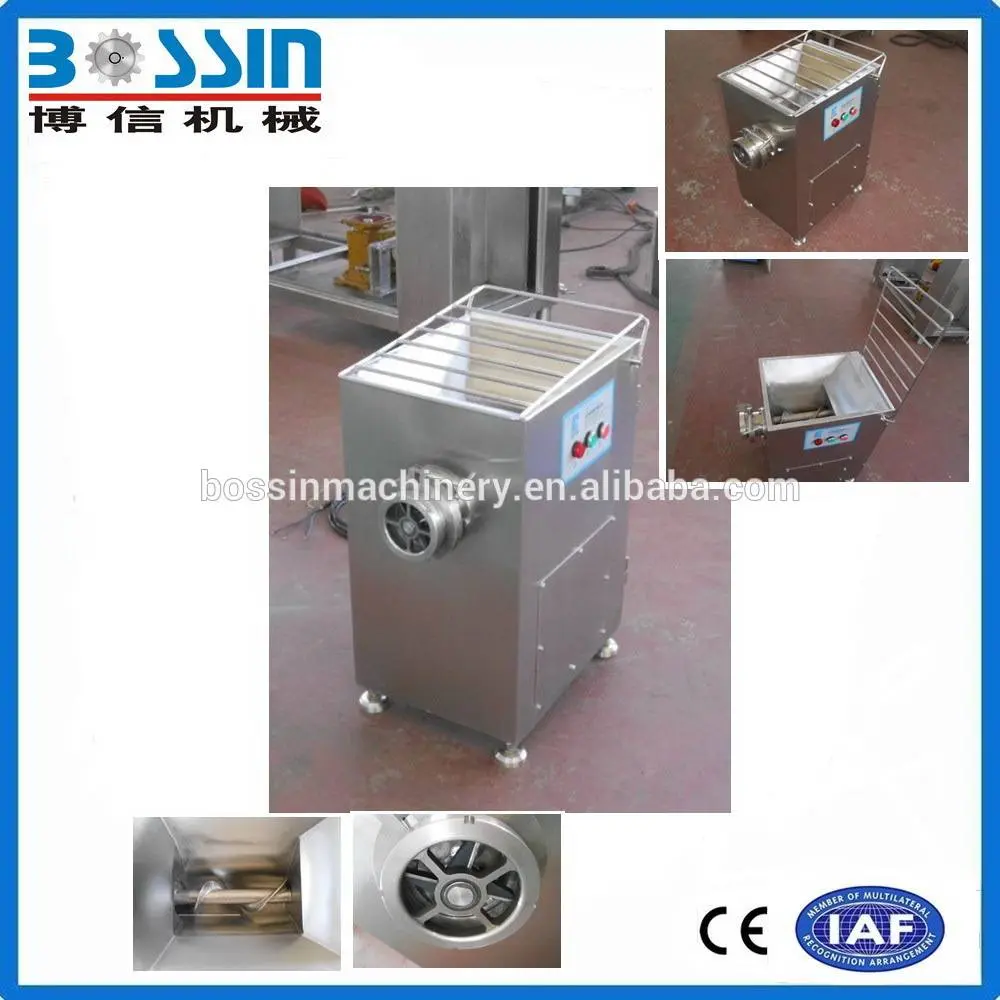
Aug . 06, 2024 13:01 Back to list
Essential Machinery for Efficient and High-Quality Food Production and Processing Solutions
The Role of Food Processing Equipment in the Modern Food Industry
In the contemporary food industry, food processing equipment plays a pivotal role in ensuring efficiency, quality, and safety in food production. As the global demand for processed food continues to rise, the reliance on advanced machinery has become essential for manufacturers to maintain competitiveness and meet consumer expectations.
Food processing equipment encompasses a wide range of machines designed for various stages of food production. From raw material handling to packaging, each type of equipment serves a specific purpose that contributes to the overall production process. Key categories include mixers, slicers, grinders, heat exchangers, and packaging machines, all engineered to enhance the efficiency of food processing operations.
One of the primary benefits of modern food processing equipment is its ability to improve consistency and quality in food production. Automation technologies, such as programmable logic controllers (PLCs) and sophisticated monitoring systems, enable manufacturers to maintain precise control over their processes. For instance, automated mixers can ensure that ingredients are blended evenly, resulting in a consistent product every time. This level of precision not only enhances product quality but also reduces waste and increases yield, leading to significant cost savings.
food processing equipment

In addition to consistency, food processing equipment also plays a crucial role in enhancing food safety. With growing concerns about foodborne illnesses, manufacturers are under constant pressure to adhere to strict hygiene standards. Equipment designed with sanitation in mind features materials that are easy to clean and sterilize. For example, stainless steel machinery is commonly used to reduce the risk of contamination. Furthermore, advanced technologies like high-pressure processing (HPP) can effectively eliminate pathogens without compromising the nutritional value of the food.
Energy efficiency is another critical consideration driving the evolution of food processing equipment. As sustainability becomes a priority for both consumers and manufacturers, energy-efficient machinery helps reduce the carbon footprint associated with food production. Innovative technologies, such as heat recovery systems and variable speed drives, allow manufacturers to optimize energy use, lowering operational costs while minimizing environmental impact.
Moreover, the advent of Industry 4.0 is revolutionizing the food processing landscape. The integration of the Internet of Things (IoT) into food processing equipment allows for real-time data collection and analysis. Manufacturers can monitor every stage of the production process, from ingredient sourcing to final packaging, enabling them to identify inefficiencies and implement improvements swiftly. Predictive maintenance, powered by data analytics, can also reduce downtime by addressing potential equipment failures before they occur.
In conclusion, food processing equipment serves as the backbone of the modern food industry, enhancing quality, safety, and efficiency in food production. As consumer demands evolve and sustainability becomes increasingly important, manufacturers must continue to invest in advanced machinery that not only meets regulatory requirements but also aligns with modern expectations. By leveraging the latest technologies, food producers can stay competitive in a fast-paced market while ensuring that safe, high-quality food reaches consumers. As we look to the future, the role of food processing equipment will undoubtedly expand, further shaping the way we produce and consume food.